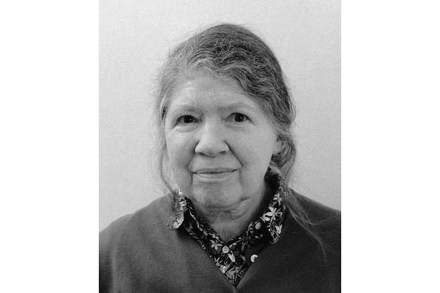Box of tricks: The Imposters, by Tom Rachman, reviewed
The Imposters is Tom Rachman’s fifth book in just over a decade. It is also his best – full of twists and surprises. Each chapter follows a different individual and captures their life in just a few pages. Many of the characters then weave in and out of other chapters. As the book unfolds there are more and more back-references, adding to what we think we know about the characters, but also contributing to a sense of uncertainty that runs through the book. It begins simply enough. We meet an elderly couple, Dora Frenhofer, a novelist, and her partner Barry. Dora will become the central character. Her memory is going,




















